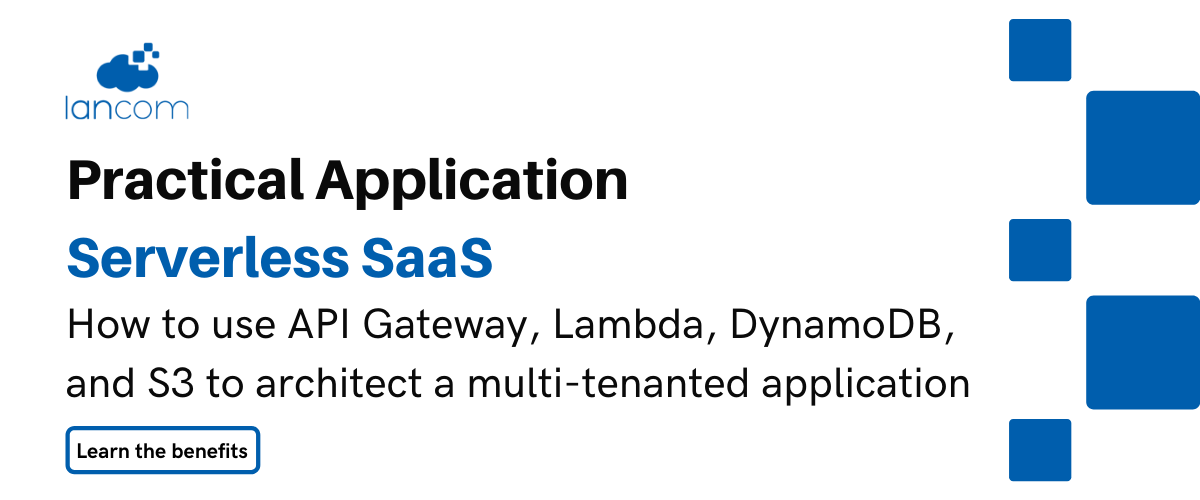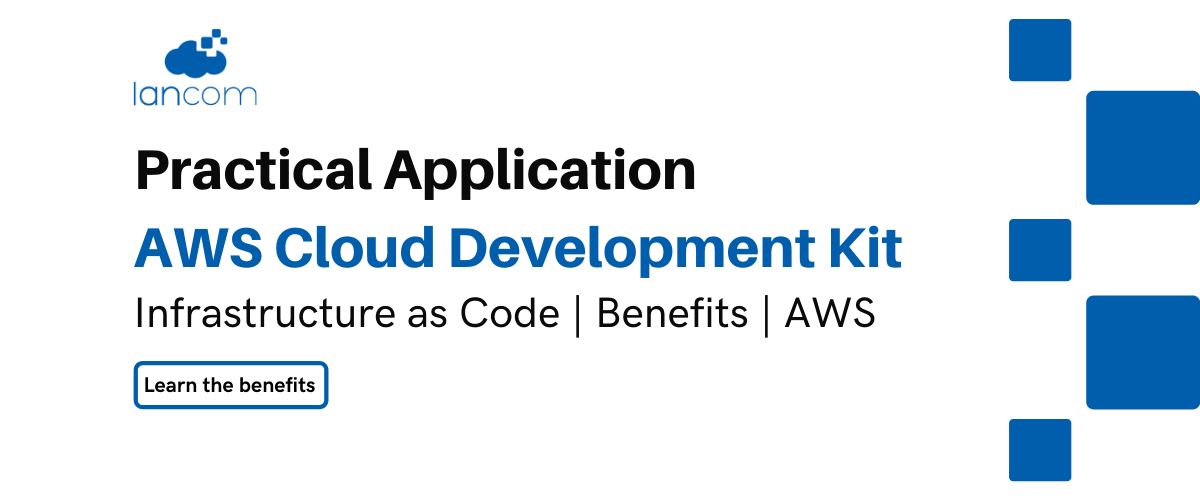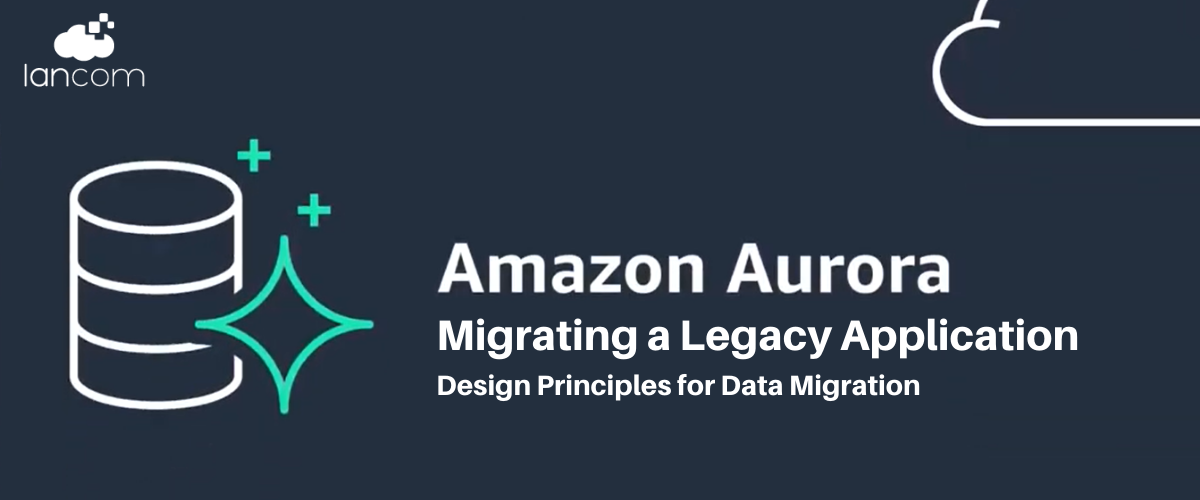Is a hosted application or service the same thing as a cloud one? It may seem that way, but simply put, it just isn’t. However, this is a commonly-made mistake. Let’s have a look at the differences between these two methods of delivering applications or services.
Starting with cloud solutions, the general point is usually this: If it is in someone else’s data centre, then it is a cloud solution.
Except, there is more to it than that. While this is necessary, it isn’t sufficient to earn the ‘cloud’ name. Indeed, just being in someone else’s data centre is far more likely to make it a hosted service. That’s because this is precisely what is meant by ‘hosting’. Just like when you host a guest, so too an application or service in someone else’s data centre is a ‘guest’ which is just looked after by that host.
There are other qualities which make a solution ‘cloud’ rather than hosted. It starts with that service being hosted in a remote data centre, and the list keeps going. Additional factors include:
- Management of the service through a web-based portal
Cloud solutions are typically delivered over the web and through a standard browser (usually the browser of your choice). The portal should provide the ability to manage all aspects of the service being delivered, including users, permissions, and application features. You should be able to do everything you need to do through the portal. - The service is provided with an API
Application programming interfaces are a core aspect of cloud solutions which enable easy integration with other services and applications. The API provides a ‘window’ into the cloud service, which allows programmers to take advantage of the application’s functionality to build additional features and extend its usefulness with a high degree of automation. - It scales at will
A major feature of a true cloud solution is that you can scale it up or down to suit changing requirements without changing contracts or engaging directly with the vendor (in other words, you do it through the portal.) Scalability is an inherent quality of a cloud service; it isn’t quiteso easy to achieve this flexibility with a hosted solution. - The infrastructure doesn't matter
While they are built on something, it doesn’t really matter what the underlying infrastructure is. That doesn’t define the service; what it can do, how it does it and its reliability is what counts. Forget about servers, storage units, or licenses. That’s the service provider’s problem, not yours. - Consume 'on demand' (and no need to put a ring on it)
If it’s cloud, it shouldn’t come with a hefty contract. There should be no long term or minimum spending commitments. You should be able to choose what you need and then change it at will, with low up-front costs and flexibility the hallmarks of true cloud solutions. In a few words, it should be easy to try, buy and use.
If the service you are considering doesn’t have the features outlined above, it probably isn’t cloud at all and is more likely to be a hosted solution. That’s perfectly fine, so long as it is a hosted solution you’re after. But if it’s the advantages of cloud you want…keep looking.






